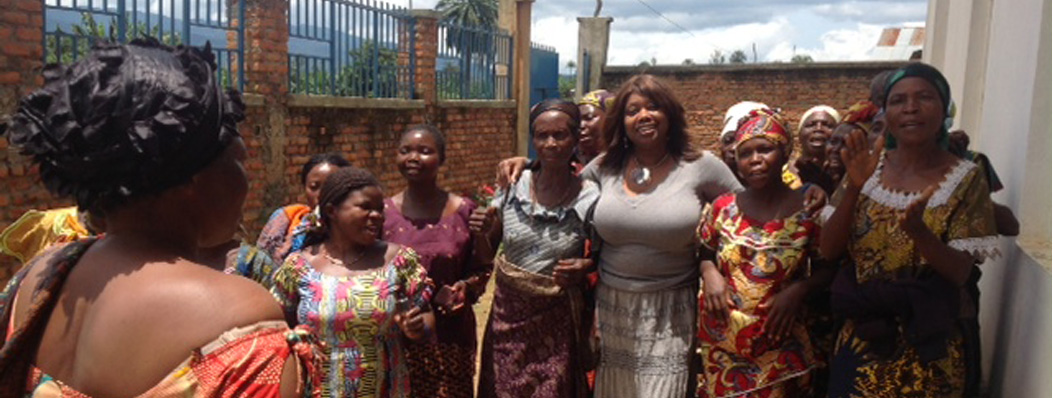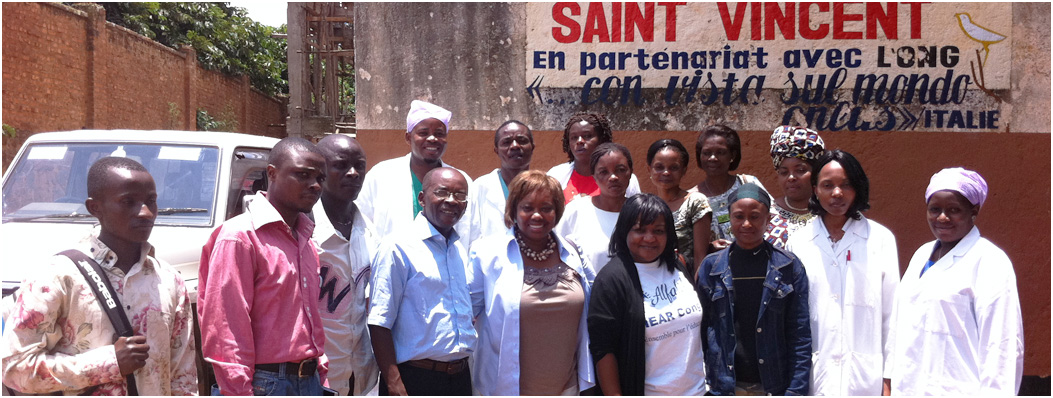In the United States, some very premature babies are swaddled in sterile plastic wrap to keep their body temperature from dropping dangerously. Now a study of newborns in Zambia suggests that the technique can be duplicated cheaply and effectively in poorer countries — using simple plastic bags.
“These are regular plastic bags, similar to grocery bags,” said an author of the study, Dr. Waldemar A. Carlo, a neonatal care specialist at the University of Alabama at Birmingham. “We bought them for as little as 2 cents each. That’s the beauty of it.”
The skin of premature babies is very thin, and water evaporates quickly through it, sometimes leading to life-threatening heat loss, especially in a poor country where heat on neonatal wards can be unsteady.
In the hospital in Lusaka, Zambia, where the study was conducted, the average temperature in the birth wards was near 80 degrees, Dr. Carlo said, but it fluctuated when heaters were moved and windows were opened.
The babies were placed on their mothers’ chests right after birth in typical “kangaroo care,” he said. But kangaroo care is not always enough to warm a child, and when babies were taken to be weighed or observed or because the mother fell asleep or needed medical treatment, putting them in a plastic bag before wrapping them in a blanket did a better job of keeping them warm than a blanket alone.
In the study, published in the journal Pediatrics, there were no instances of overheating or of skin rashes from bag contact.
DONALD G. McNEIL Jr.










